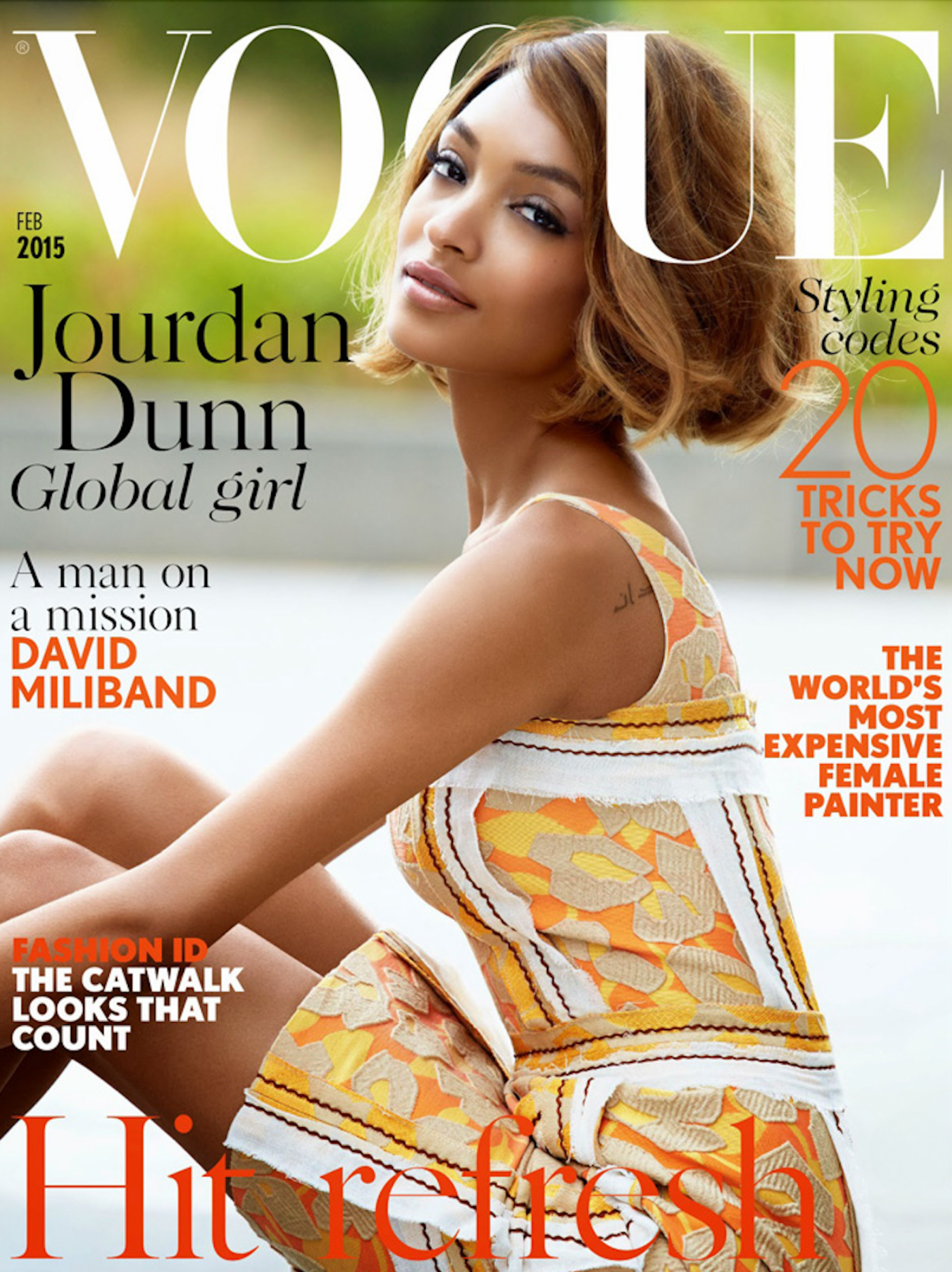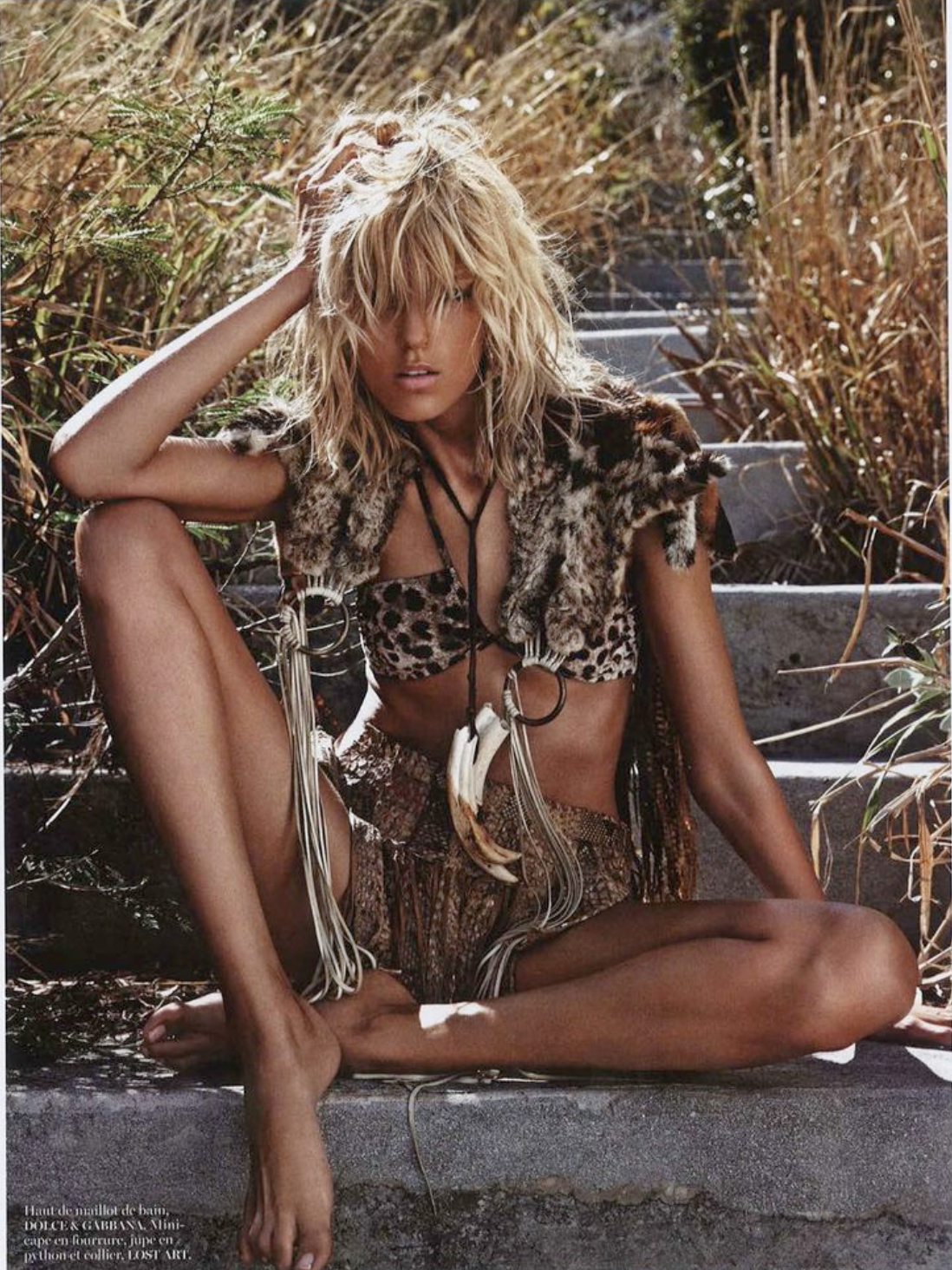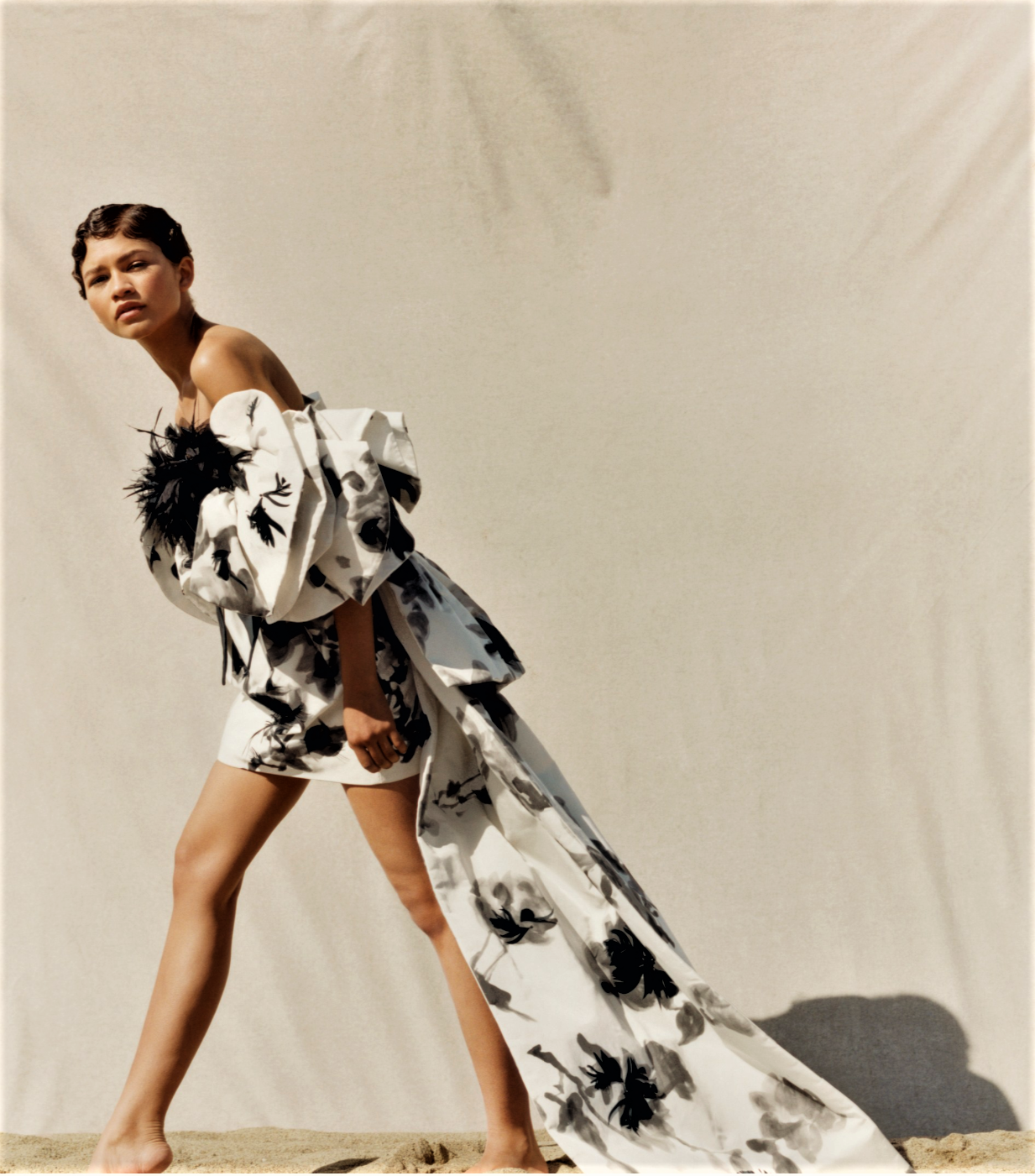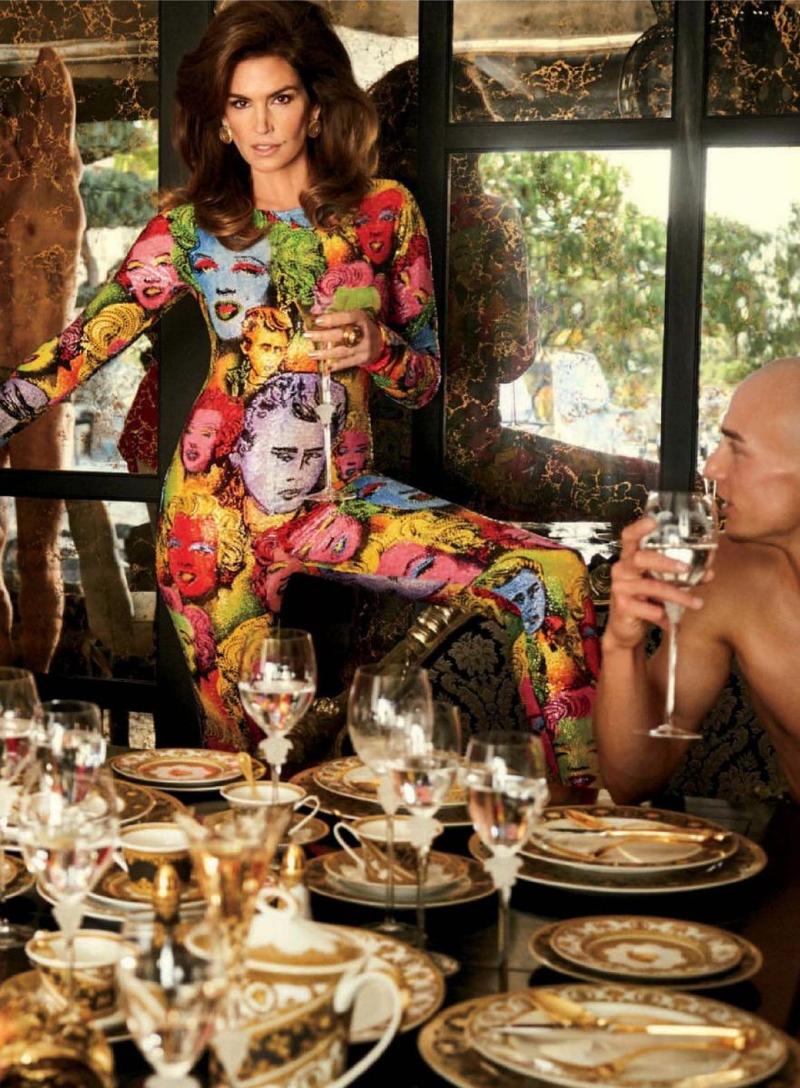Cindy Crawford Honors Gianni Versace, A True Lover Of Lady Boss, Smart Sensuality Women
/Cindy Crawford Honors Gianni Versace, A True Lover Of Lady Boss, Smart Sensuality Women
Supermodel Cindy Crawford is styled by Karla Welch in 'Versace, Versace, Versace', lensed by Carter Smith for InStyle Magazine March 2018.
{. . . }
It has long been my contention that the mostly male designers, coupled with women editors, male photographers and male-dominated business interests felt a strong need to metaphorically cut the original supermodels down to size. These women were size 4-6 US Amazonian women who were powerful, sexual and exuded a confidence that the catwalk had never seen. At the time 25% of notoriously overweight American women could achieve a supermodel body with exercise and healthy eating. In recent years, the percentage is 6.
Twenty-five years after the second wave of feminism culminated in a fiery display of supermodel prowess -- accused photographer David Bellemere, who seemed to agree with white nationalist Steve Bannon that feminism will destroy 10,000 years of civilization -- broke new ground last week, arguing 50-years later that feminism threatens to pull Western civilization back to the Dark Ages. I do not exaggerate.
Interviewed in 1990 about the ways in which she and a few other models were calling the shots and changing the game, Linda Evangelista made her infamous, regrettable, sarcastic waking up for 10,000 dollar-bills comment. Still, the spirit of her comment was true. The supers didn't get bossed around much. I doubt that stylists were ever accused of ripping off panties without permission with that 90's goddesses posse.
{. . . }
Gianni Versace celebrated strong, Amazonian women whose obvious sensuality was part of their glorious DNA. He was not afraid of female power and influence. In this era of #MeToo, the question of why the fashion industry supported a takedown of the original supermodels is worth considering again. The main argument is that the pendulum of change swung in the direction of the equally wonderful Kate Moss and heroin chic. Change is good, the industry argues. End of the conversation.
It's not at all clear that the fashion industry is as on fire with #MeToo as Hollywood is. How many fashion industry people agree with David Bellemere that #MeToo is taking our celestial, pinnacle-reaching, male-dominated civilization back to the Dark Ages? Exactly why the fashion industry is so far behind Hollywood in embracing #MeToo issues is a question worth asking. What is the industry's relationship with powerful women, whether they are models or brand managers? ~ Anne





